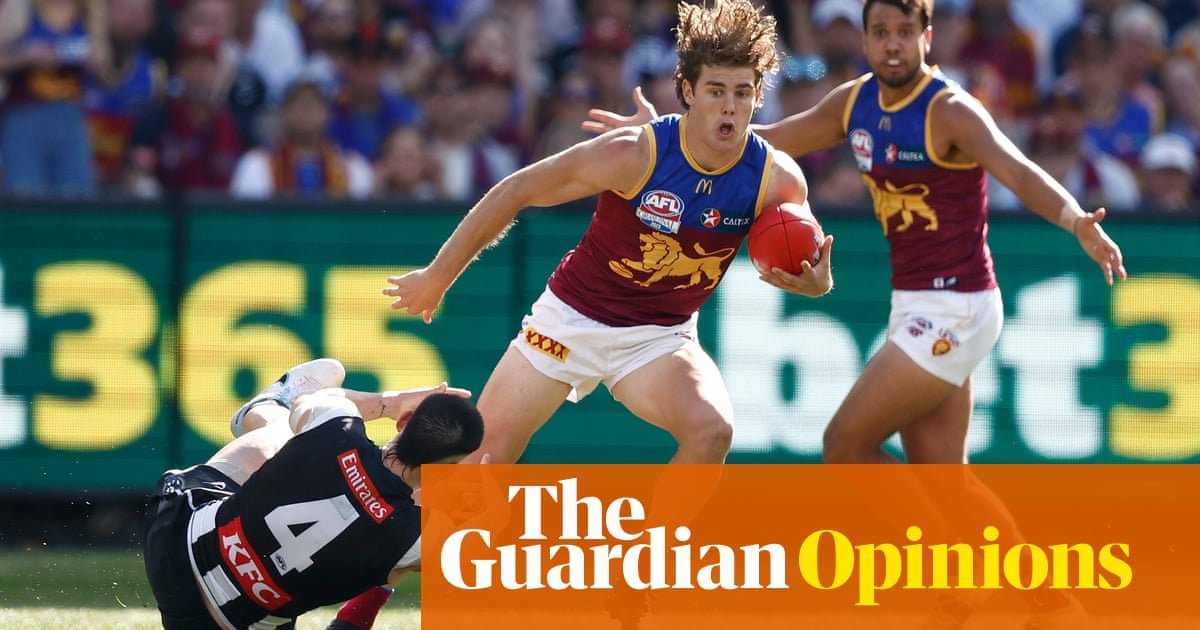Parliamentary committees on contentious issues rarely reach unanimous conclusions.
But such was the skill with which the late Peta Murphy chaired the House of Representatives social policy and legal affairs committee and so compelling was the evidence presented to it that the 31 recommendations of its report, aptly titled “You win some, you lose more”, were accepted by every member.
So why does the government appear to be walking away from such unanimous and urgent recommendations?
According to reports over the weekend, Labor is planning to propose “a cap of two gambling ads per hour on each channel until 10pm, and banning ads an hour before and after live sport”. It would, however, reportedly propose a blanket ban on betting ads on social media and other digital platforms. The package has yet to go to cabinet.
When tobacco advertising was phased out, years after its threat to health was confirmed, policymakers did not propose loopholes to enable the cigarette makers to keep marketing their lethal products.
This was despite sporting codes and the broadcasters propagating the myth that a ban on cigarette advertising would wreck their commercial viability and prevent them supporting kids’ and community sports.
This myth was not true then, and it’s not true now, when it comes to gambling ads.
Nor is there any reason why the gambling giants, the broadcasters or the sporting codes should be treated as a protected species – they are promoting a product that causes enormous harm across the community.
In Victoria alone, it is calculated that the social costs of gambling amount to about $7bn a year.
According to a 2017 study by the Victorian Responsible Gambling Foundation, family and relationship problems attributable to gambling amounted to $2.2bn. Gambling also has a direct link with family and domestic violence which is worth pointing out as Australian women continue to be murdered (mostly by men known to them) at a rate of more than one a week.
The costs are likely to be greater now, given that gambling advertising has exploded in the intervening years, and governments have failed to meaningfully intervene.
The Coalition government ringfenced live broadcasts of sporting fixtures and restricted the times at which gambling ads could appear during other sporting commentary. But subsequent research by the Australian Communications and Media Authority found that far from reducing exposure to gambling ads, exactly the opposite occurred. Gambling ads simply migrated to general programming, including, for example, during Marvel movies, watched by children and teenagers, and increased in frequency by 50%.
This reinforces the point that only a total ban will work.
It’s worth considering the role of political donations.
The major parties receive funds from powerful interests. Decisions should not be made to pander to those interests, rather than in the interests of our communities, where the link between sport and gambling is now insidiously normalised.
According to post-election disclosures, companies with combined gambling and alcohol interests and their lobby groups contributed $1.5m to the major parties in the year before the 2022 election, split almost evenly between Labor and the Coalition, according to the Foundation for Alcohol Research and Education.
after newsletter promotion
Something is rotten in the state of Australian sport.
Officials involved with junior football teams tell me it is now commonplace for runners to tell the teenage players during the game how their “multis” are going on the AFL game being played at the same time.
Those same officials dismiss the often-used rebuttal that banning gambling ads would be bad because community sport would lose funding. They want the ads gone.
Did you know that every bet placed on the AFL and NRL for example yields a fee to the code? Yes, the AFL and NRL are marketing betting to you, and then profiting from your losses. Could there be a clearer conflict?
The cut of every bet made on AFL is estimated to be worth up to $40m; on top of $8m in Sportsbet sponsorship and $3m from betting signs around its grounds.
So, predictably, the gambling giants, the sporting codes and the broadcasters are using their considerable clout to lobby the government and betray Peta Murphy’s legacy. And it appears the government is falling for it.
In her last comments before she died, Peta Murphy nominated the gambling ad ban as her priority recommendation. Other members of the Labor caucus agree.
Surveys have shown that roughly three-quarters of voters want to see gambling advertising gone.
In the polls, voters have been marking the government down for lack of courage.
It’s time for Anthony Albanese to show some, and ban all gambling advertising, now.
